Civits are dying in your espresso. At the moment is World Civet Day—a day most individuals have by no means heard of however one which desperately must be on each traveler’s radar. As a result of behind that $50 cup of “cat-poo-chino” lies a worldwide trade constructed on animal cruelty, misinformation, and our obsession with so-called luxurious experiences.
If you happen to’re a traveler, influencer, or espresso lover, it’s time to face an uncomfortable reality: Civet espresso isn’t uncommon. It’s farmed. It’s merciless. And it’s trending for all of the flawed causes.
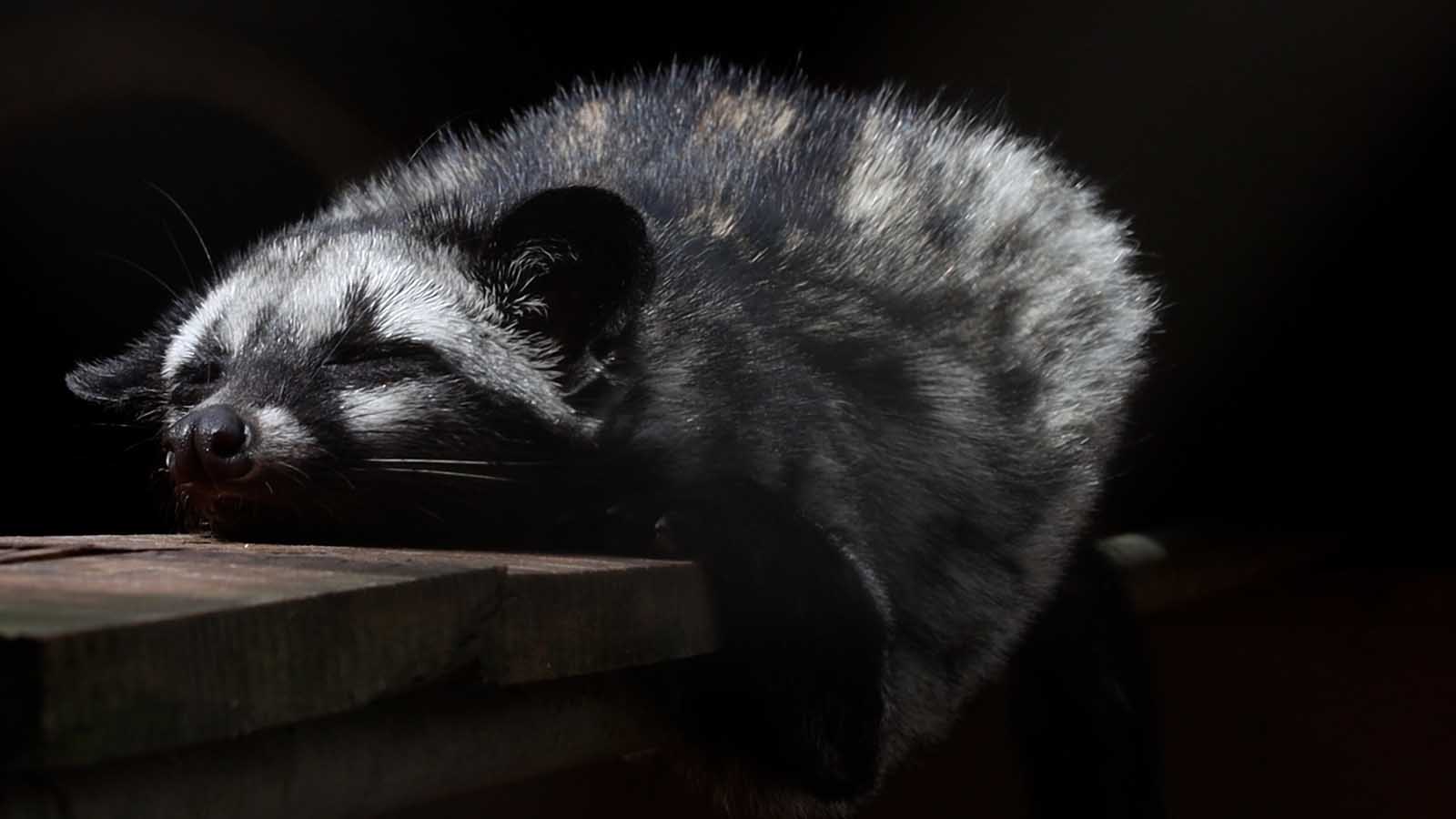

Civet Espresso: The Brew That Shouldn’t Exist
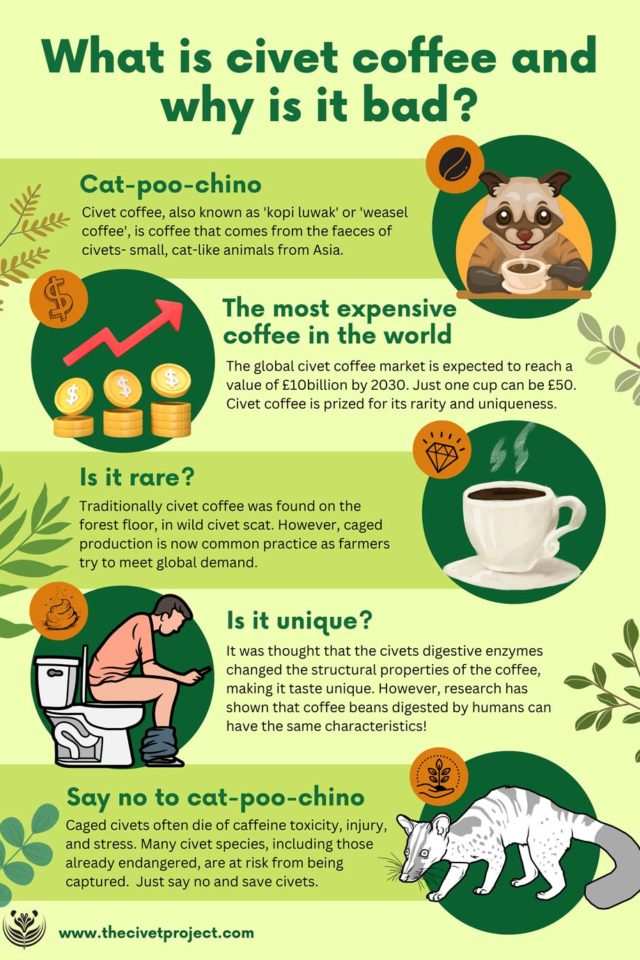

Civet espresso—additionally referred to as kopi luwak or “weasel espresso” is produced from beans which have handed via the digestive system of civets, small nocturnal animals native to Asia. Whereas it began as a unusual discovery of beans collected from the forest flooring, demand rapidly turned it into an industrialized nightmare.
At the moment, most civet espresso comes from civets stored in cramped, filthy cages. Many are illegally trafficked from the wild. The animals are force-fed espresso cherries till they endure from caffeine toxicity, malnutrition, and stress. All so somebody can say they’ve tried “the rarest espresso on Earth.”
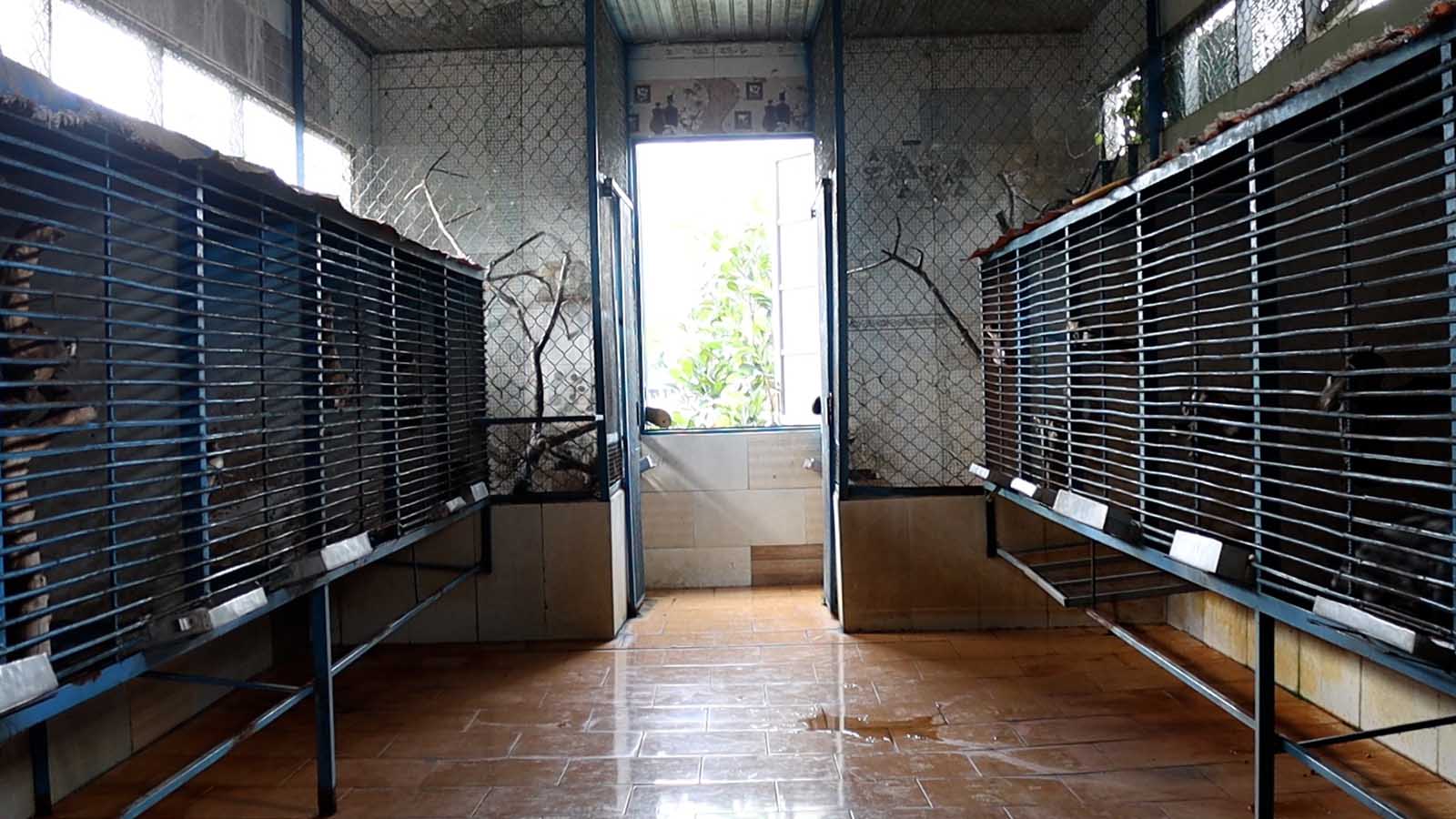

Spoiler alert: It’s not uncommon anymore. It’s mass-produced, and civets are paying the value.
The Social Media Downside: #CivetSelfie Tradition
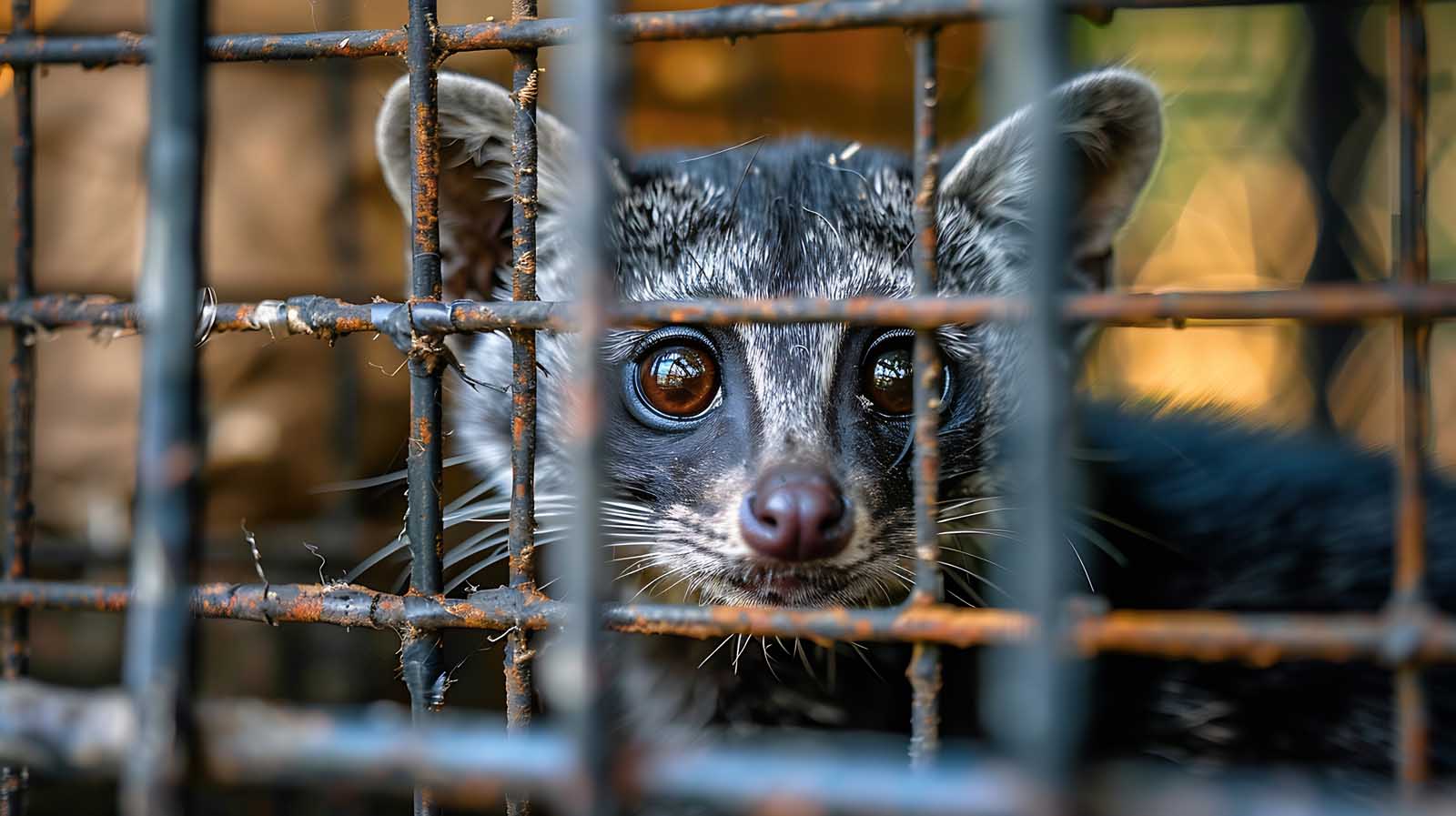

Let’s discuss Instagram. These lovable civet selfies? They’re not cute. They’re proof of an animal struggling in silence.
Captive civets are sometimes used as vacationer picture props in Southeast Asia, notably in Bali and Vietnam. Vacationers snap pics, share them, and increase—one other follower desires the identical expertise. However these selfies gas a brutal provide chain the place wild civets are captured, caged, and commercialized for our leisure.
In case your journey pics contain a wild animal in a cage, you’re not selling wanderlust—you’re selling wildlife abuse.
How Journey Fuels Cruelty
Vacationers unknowingly help civet exploitation daily by:
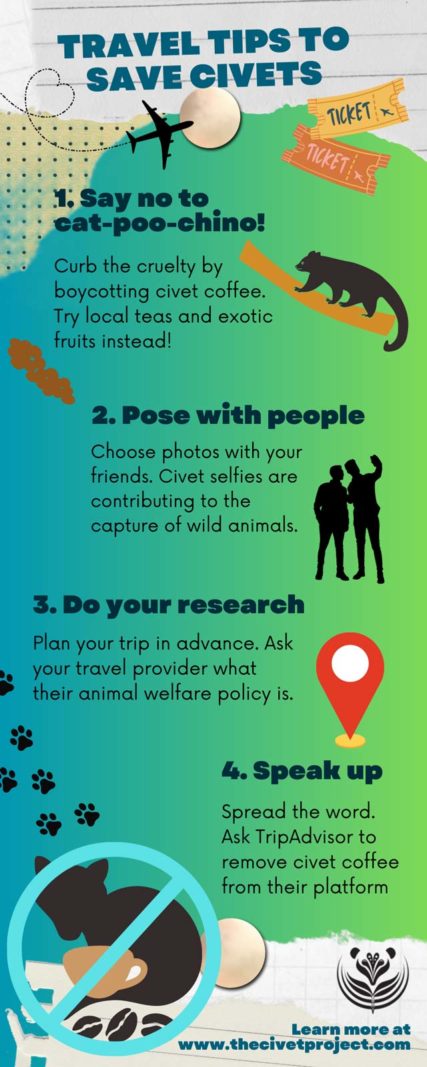

- Shopping for civet espresso at cafés or airport present retailers
- Visiting civet espresso plantations listed on TripAdvisor
- Posing with civets for social media clout
- Not asking tour firms about their animal welfare insurance policies
It’s time to shift the narrative. Moral journey isn’t about “doing no hurt” anymore—it’s about actively doing good. And that begins with being knowledgeable.
What You Can Do At the moment—World Civet Day and Past
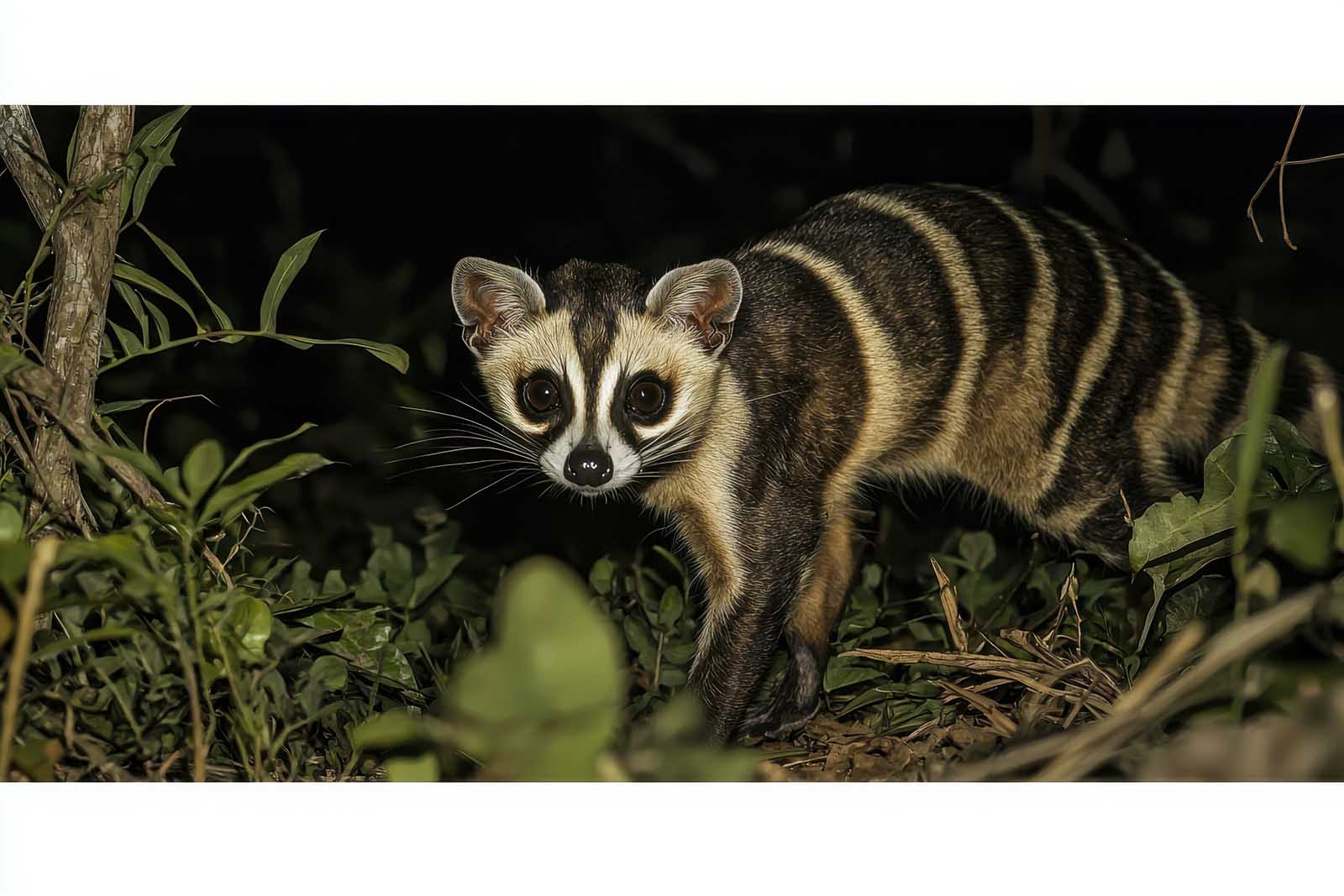

1. Say NO to Cat-Poo-Chino
Boycott civet espresso. It’s not unique—it’s exploitative. Attempt native teas, contemporary tropical juices, and even sustainably-grown espresso as an alternative. You don’t want cruelty in your cup to have a memorable expertise.
2. Pose with Folks, Not Wildlife
Civet selfies are contributing to the unlawful wildlife commerce. Select human connections over hashtags. Belief us, your conscience will thanks.
3. Analysis Earlier than You E-book
Ask tour firms: What’s your animal welfare coverage? If they will’t reply, that’s your reply.
4. Communicate Up
Use your voice. Go away opinions, ship emails, and urge platforms like TripAdvisor to cease selling civet espresso experiences. Demand higher.
Civility Isn’t Simply Politeness—It’s Motion
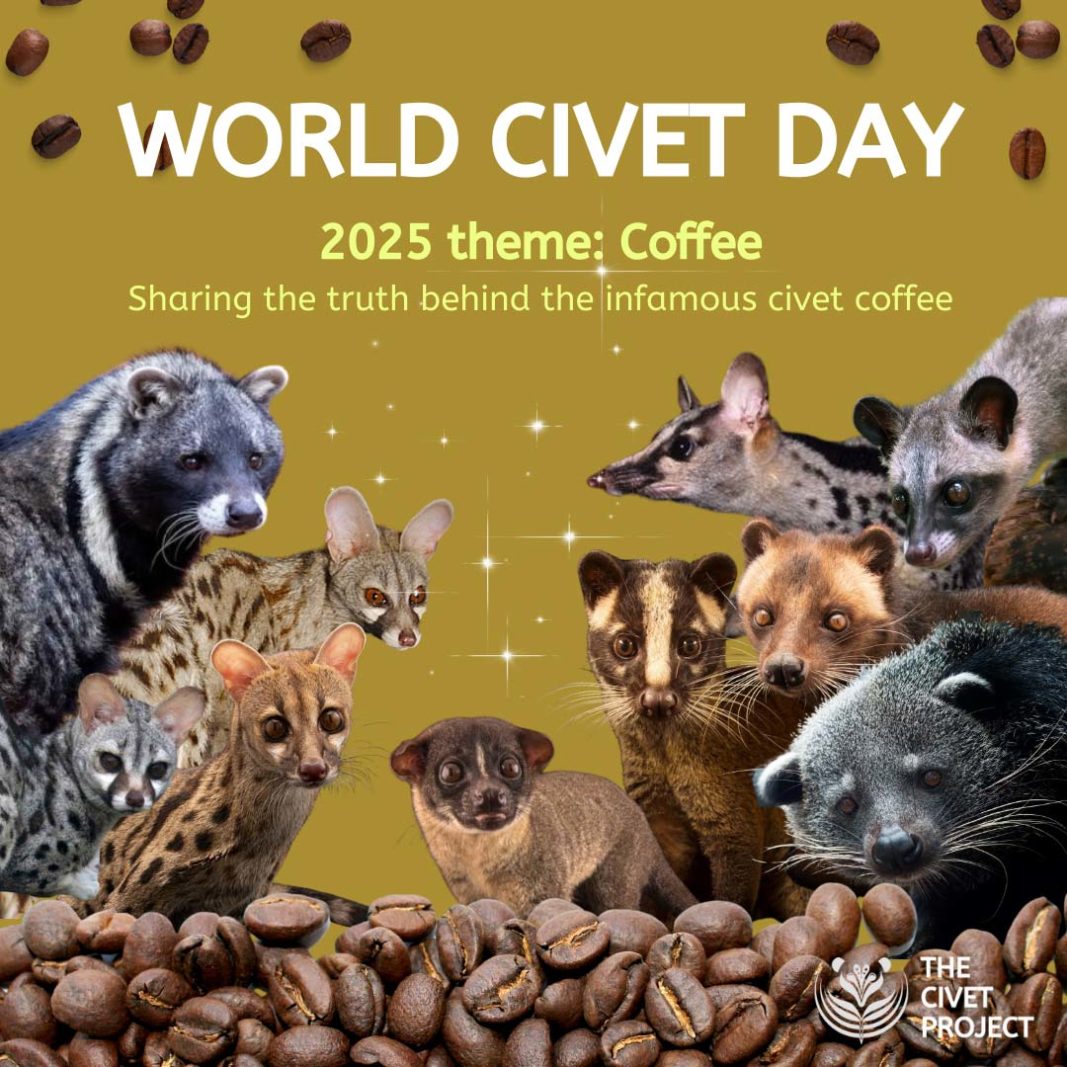

On World Civet Day, civility means defending the unvoiced. It means recognizing that our journey selections matter. It means taking a stand—even when it’s inconvenient or unpopular.
In a world the place cruelty is usually rebranded as tradition and exploitation is disguised as expertise, let’s be the vacationers who ask higher questions and anticipate higher solutions.
As a result of being sort isn’t gentle—it’s revolutionary.
Wish to Assist Proper Now?
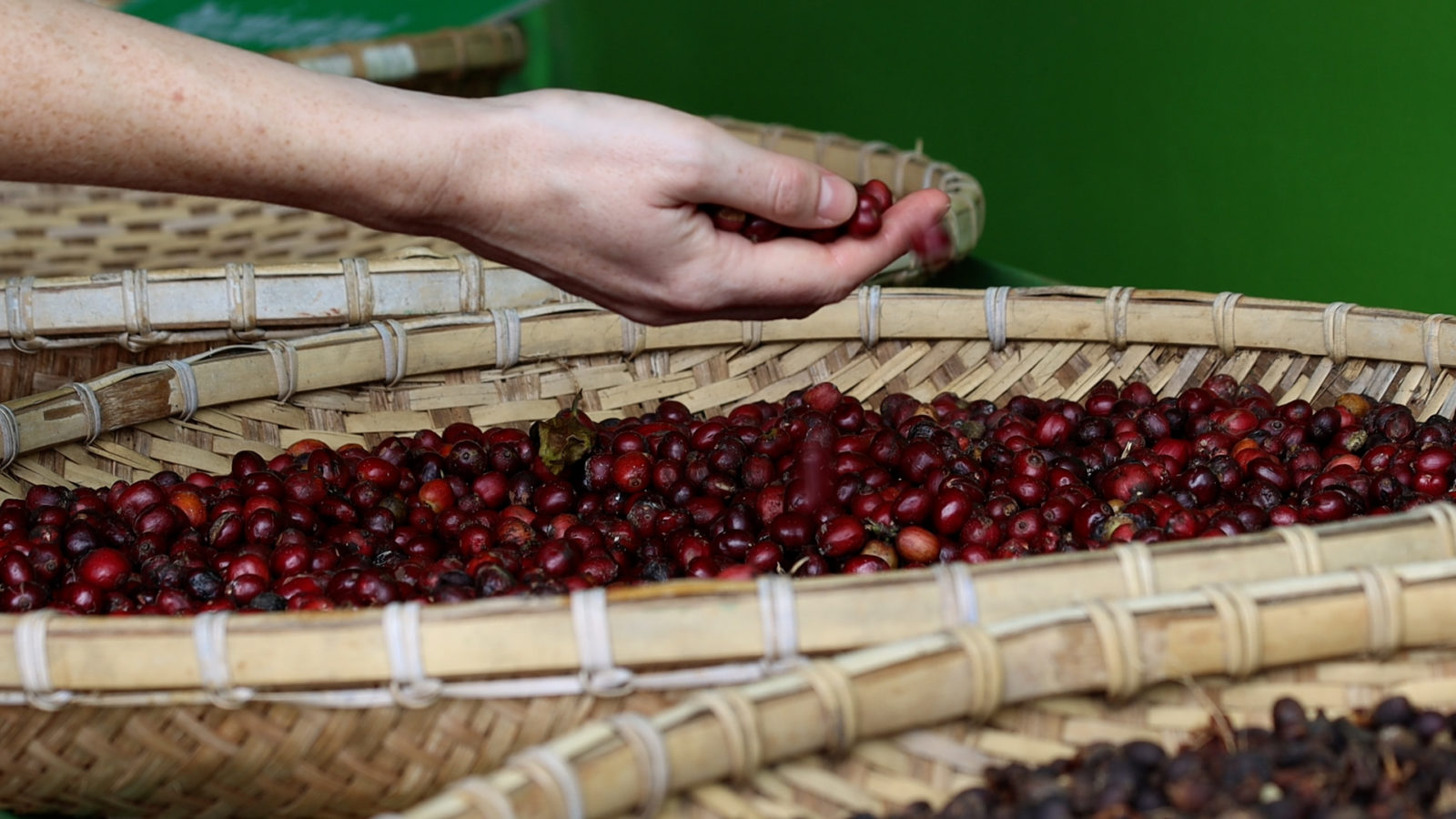

Sadly, vacationers are supporting Civet Espresso manufacturing with out figuring out what’s going on. It doesn’t assist that TripAdvisor has points of interest that encourage guests to go to Civet Farms. That’s the reason Jess Hooper, founding father of the Civet Undertaking, has began a petition to encourage TripAdvisor to concern animal welfare warnings on all Civet Espresso points of interest.
Signal the petition right here. They aren’t following their very own animal welfare insurance policies. And simply as all of us got here collectively to work in direction of ending elephant rides and swimming with dolphins, it’s time to put an finish to Civet espresso manufacturing. Go to www.thecivetproject.com to study extra and help campaigns to finish civet espresso cruelty worldwide.
What are Civets?
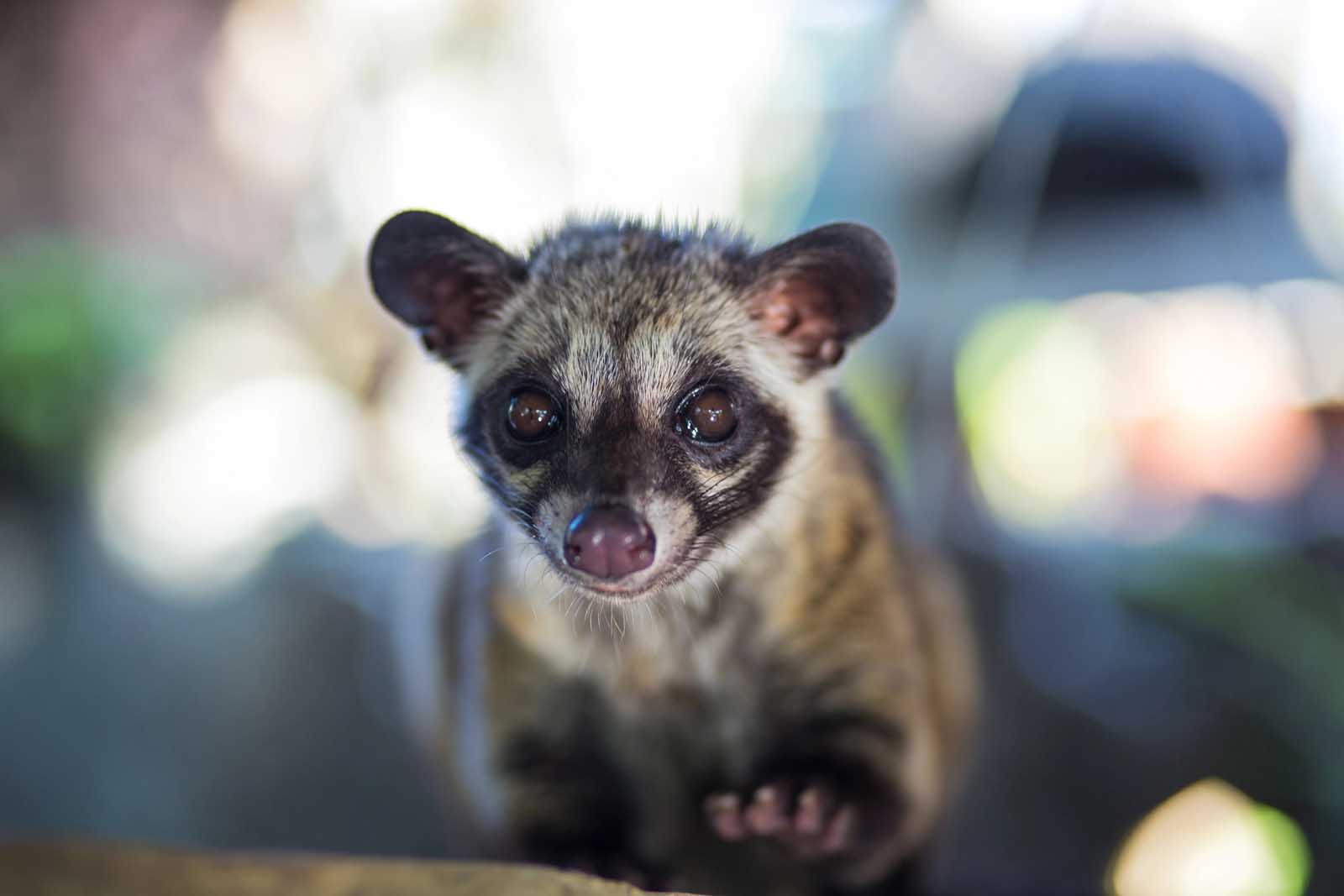
Civets are cute, shy and solitary. We now have had the privilege of seeing them on evening safaris in locations similar to Southeast Asia and Africa have seen first-hand simply how elusive they’re. They’ve stunning, noticed fur and massive ears that pop up with curiosity when a light-weight shines their manner.
Civets lead lives that play a vital half of their ecosystem. Their food plan is omnivorous, consisting of fruits, berries, bugs, and small vertebrates, which makes them important for seed dispersal and controlling insect populations.
Sadly, the demand for civet espresso has considerably disrupted the civets’ pure behaviors and habitats. Wild civets are captured with merciless strategies similar to snaring and trapping. They’re then caged and displayed for vacationers to take photographs with. It’s time to put an finish to this.
Need extra moral journey insights like this? Subscribe for month-to-month updates.
About Civet Espresso and World Civet Day
Civet espresso, often known as kopi luwak, is produced from espresso beans which have been eaten, digested, and excreted by civets—small, cat-like mammals present in Asia. The beans are collected from their feces, cleaned, and roasted. It’s usually marketed as a uncommon delicacy, however the reality behind it’s a lot darker.
Don’t purchase or drink civet espresso
Don’t take selfies with wild animals
Assist moral tourism operators
Share consciousness on days like World Civet Day
Donate or observe campaigns like The Civet Undertaking
No. Whereas some firms declare their espresso comes from “wild” civets, most are caged, force-fed espresso cherries, and stay in merciless, cramped situations. Even so-called moral farms usually fail primary welfare requirements. If it’s being offered to vacationers, likelihood is it’s not moral.
As a result of it earnings off animal struggling. Civets in captivity usually develop stress-related sicknesses, endure from malnutrition, and die prematurely. This trade additionally fuels wildlife trafficking and threatens already susceptible civet populations.
Technically, sure—nevertheless it’s uncommon and almost not possible to confirm. Most so-called “wild-sourced” kopi luwak is greenwashing. Until you personally know the farmer and the civets roam free within the wild (not “free-range” in a fenced yard), it’s greatest to steer clear.
Easy take a look at: in the event that they allow you to see, contact, or pose with a civet—it’s unethical. Accountable wildlife tourism doesn’t contain selfies with stressed-out nocturnal animals in daytime.
Say no—and converse up. Go away a respectful evaluate, ask the enterprise why they serve it, and report the itemizing if it’s on TripAdvisor, Airbnb Experiences, or Google Maps. Your voice makes a distinction.
Share this text right this moment and assist make #WorldCivetDay pattern for all the suitable causes. Pin under to Pinterest to assist unfold the phrase
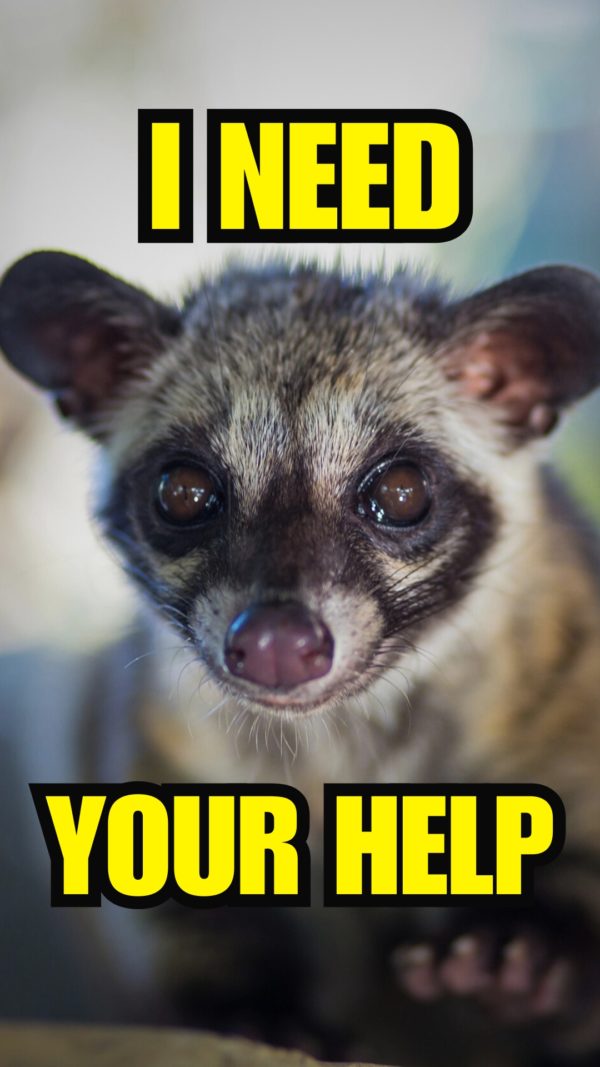

Learn extra methods to journey sustainably right here
Journey Planning Sources
Trying to e book your subsequent journey? Why not use these assets which can be tried and examined by yours actually.
E-book Your Flights: Begin planning your journey by discovering the perfect flight offers on Skyscanner. We now have used them for years and have discovered that they’ve the perfect flight offers.
E-book your Resort: Discover the perfect costs on lodges with these two suppliers. If you’re situated in Europe use Reserving.com and if you’re wherever else use TripAdvisor.
Discover Condominium Leases: You can see the most cost effective costs on condo leases with VRBO.
Study a Language: We suggest and love each Rosetta Stone and Babbel.
Journey Insurance coverage: Do not depart dwelling with out it. Here’s what we suggest:
- Security Wing – Occasional Vacationers.
- Medjet – World air medical transport and journey safety.
E-book Your Actions: Searching for strolling excursions, skip-the-line tickets, non-public guides, and extra? Then we suggest Get Your Information.
Want extra assist planning your journey? Be sure to take a look at our Sources Web page the place we spotlight all the nice firms that we belief once we are touring.
Civits are dying in your espresso. At the moment is World Civet Day—a day most individuals have by no means heard of however one which desperately must be on each traveler’s radar. As a result of behind that $50 cup of “cat-poo-chino” lies a worldwide trade constructed on animal cruelty, misinformation, and our obsession with so-called luxurious experiences.
If you happen to’re a traveler, influencer, or espresso lover, it’s time to face an uncomfortable reality: Civet espresso isn’t uncommon. It’s farmed. It’s merciless. And it’s trending for all of the flawed causes.


Civet Espresso: The Brew That Shouldn’t Exist


Civet espresso—additionally referred to as kopi luwak or “weasel espresso” is produced from beans which have handed via the digestive system of civets, small nocturnal animals native to Asia. Whereas it began as a unusual discovery of beans collected from the forest flooring, demand rapidly turned it into an industrialized nightmare.
At the moment, most civet espresso comes from civets stored in cramped, filthy cages. Many are illegally trafficked from the wild. The animals are force-fed espresso cherries till they endure from caffeine toxicity, malnutrition, and stress. All so somebody can say they’ve tried “the rarest espresso on Earth.”


Spoiler alert: It’s not uncommon anymore. It’s mass-produced, and civets are paying the value.
The Social Media Downside: #CivetSelfie Tradition


Let’s discuss Instagram. These lovable civet selfies? They’re not cute. They’re proof of an animal struggling in silence.
Captive civets are sometimes used as vacationer picture props in Southeast Asia, notably in Bali and Vietnam. Vacationers snap pics, share them, and increase—one other follower desires the identical expertise. However these selfies gas a brutal provide chain the place wild civets are captured, caged, and commercialized for our leisure.
In case your journey pics contain a wild animal in a cage, you’re not selling wanderlust—you’re selling wildlife abuse.
How Journey Fuels Cruelty
Vacationers unknowingly help civet exploitation daily by:


- Shopping for civet espresso at cafés or airport present retailers
- Visiting civet espresso plantations listed on TripAdvisor
- Posing with civets for social media clout
- Not asking tour firms about their animal welfare insurance policies
It’s time to shift the narrative. Moral journey isn’t about “doing no hurt” anymore—it’s about actively doing good. And that begins with being knowledgeable.
What You Can Do At the moment—World Civet Day and Past


1. Say NO to Cat-Poo-Chino
Boycott civet espresso. It’s not unique—it’s exploitative. Attempt native teas, contemporary tropical juices, and even sustainably-grown espresso as an alternative. You don’t want cruelty in your cup to have a memorable expertise.
2. Pose with Folks, Not Wildlife
Civet selfies are contributing to the unlawful wildlife commerce. Select human connections over hashtags. Belief us, your conscience will thanks.
3. Analysis Earlier than You E-book
Ask tour firms: What’s your animal welfare coverage? If they will’t reply, that’s your reply.
4. Communicate Up
Use your voice. Go away opinions, ship emails, and urge platforms like TripAdvisor to cease selling civet espresso experiences. Demand higher.
Civility Isn’t Simply Politeness—It’s Motion


On World Civet Day, civility means defending the unvoiced. It means recognizing that our journey selections matter. It means taking a stand—even when it’s inconvenient or unpopular.
In a world the place cruelty is usually rebranded as tradition and exploitation is disguised as expertise, let’s be the vacationers who ask higher questions and anticipate higher solutions.
As a result of being sort isn’t gentle—it’s revolutionary.
Wish to Assist Proper Now?


Sadly, vacationers are supporting Civet Espresso manufacturing with out figuring out what’s going on. It doesn’t assist that TripAdvisor has points of interest that encourage guests to go to Civet Farms. That’s the reason Jess Hooper, founding father of the Civet Undertaking, has began a petition to encourage TripAdvisor to concern animal welfare warnings on all Civet Espresso points of interest.
Signal the petition right here. They aren’t following their very own animal welfare insurance policies. And simply as all of us got here collectively to work in direction of ending elephant rides and swimming with dolphins, it’s time to put an finish to Civet espresso manufacturing. Go to www.thecivetproject.com to study extra and help campaigns to finish civet espresso cruelty worldwide.
What are Civets?

Civets are cute, shy and solitary. We now have had the privilege of seeing them on evening safaris in locations similar to Southeast Asia and Africa have seen first-hand simply how elusive they’re. They’ve stunning, noticed fur and massive ears that pop up with curiosity when a light-weight shines their manner.
Civets lead lives that play a vital half of their ecosystem. Their food plan is omnivorous, consisting of fruits, berries, bugs, and small vertebrates, which makes them important for seed dispersal and controlling insect populations.
Sadly, the demand for civet espresso has considerably disrupted the civets’ pure behaviors and habitats. Wild civets are captured with merciless strategies similar to snaring and trapping. They’re then caged and displayed for vacationers to take photographs with. It’s time to put an finish to this.
Need extra moral journey insights like this? Subscribe for month-to-month updates.
About Civet Espresso and World Civet Day
Civet espresso, often known as kopi luwak, is produced from espresso beans which have been eaten, digested, and excreted by civets—small, cat-like mammals present in Asia. The beans are collected from their feces, cleaned, and roasted. It’s usually marketed as a uncommon delicacy, however the reality behind it’s a lot darker.
Don’t purchase or drink civet espresso
Don’t take selfies with wild animals
Assist moral tourism operators
Share consciousness on days like World Civet Day
Donate or observe campaigns like The Civet Undertaking
No. Whereas some firms declare their espresso comes from “wild” civets, most are caged, force-fed espresso cherries, and stay in merciless, cramped situations. Even so-called moral farms usually fail primary welfare requirements. If it’s being offered to vacationers, likelihood is it’s not moral.
As a result of it earnings off animal struggling. Civets in captivity usually develop stress-related sicknesses, endure from malnutrition, and die prematurely. This trade additionally fuels wildlife trafficking and threatens already susceptible civet populations.
Technically, sure—nevertheless it’s uncommon and almost not possible to confirm. Most so-called “wild-sourced” kopi luwak is greenwashing. Until you personally know the farmer and the civets roam free within the wild (not “free-range” in a fenced yard), it’s greatest to steer clear.
Easy take a look at: in the event that they allow you to see, contact, or pose with a civet—it’s unethical. Accountable wildlife tourism doesn’t contain selfies with stressed-out nocturnal animals in daytime.
Support authors and subscribe to content
This is premium stuff. Subscribe to read the entire article.













